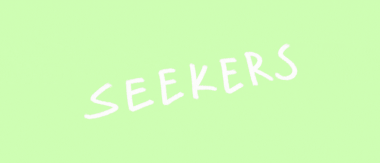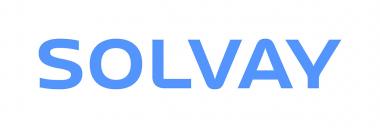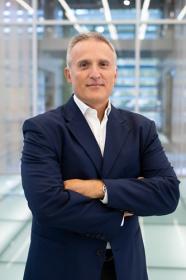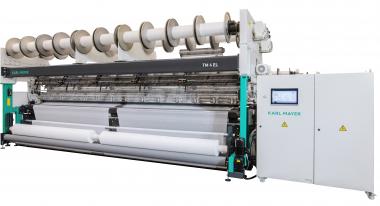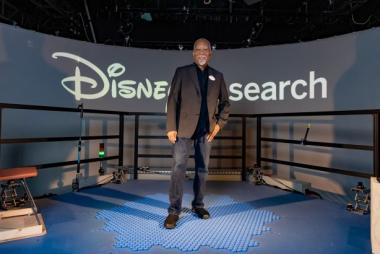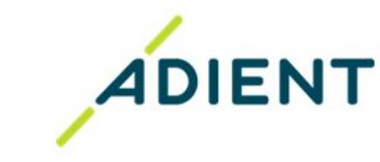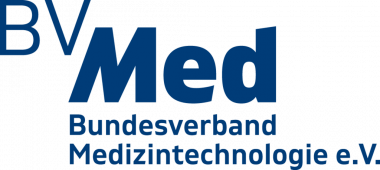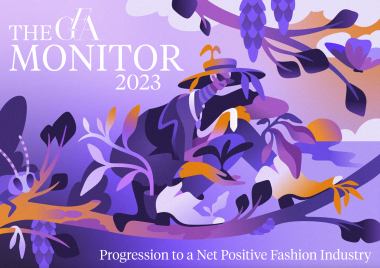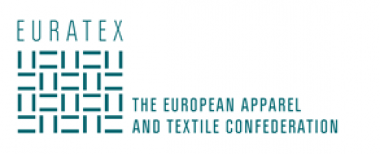SEEK and Berlin Fashion Week share dates
SEEK announces a new and earlier date for the upcoming Spring/Summer 2025 edition. SEEK will take place on the 2nd and 3rd of July 2024. The new platform, THE JUNCTION, connecting the neighboring UNION Showroom at Kühlaus will open its doors from the 30th of June until the 3rd of July. Berlin Fashion Week plans its shows, showrooms and events to take place from the 1st until the 4th of July. The 8th edition of the 202030 - The Berlin Fashion Summit will inform and animate on the same days as SEEK.
"The past few days we have had productive and most importantly very friendly conversations. The result: Your (the industry’s) wish is our command - for the first time Berlin Fashion Week, UNION showroom, 202030 - The Berlin Fashion Summit, THE JUNCTION and SEEK will take place at the same time. Together we want to activate: brands, stores and the city." Marie-Luise Patzelt, SEEK
SEEK THE JUNCTION UNION showroom Berlin Fashion Week 202030 - The Berlin Fashion Summit
Premium Exhibitions GmbH


